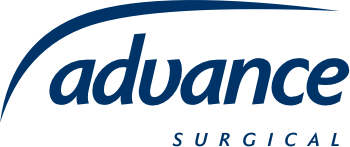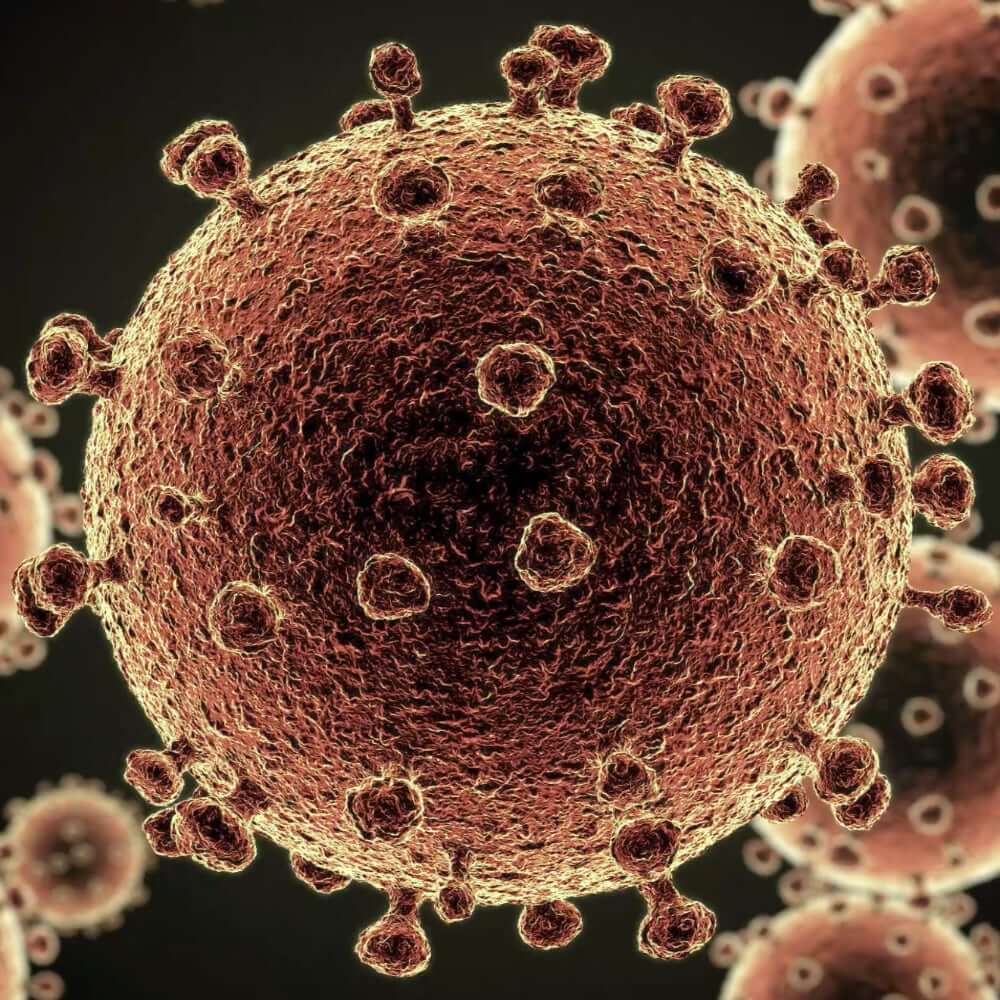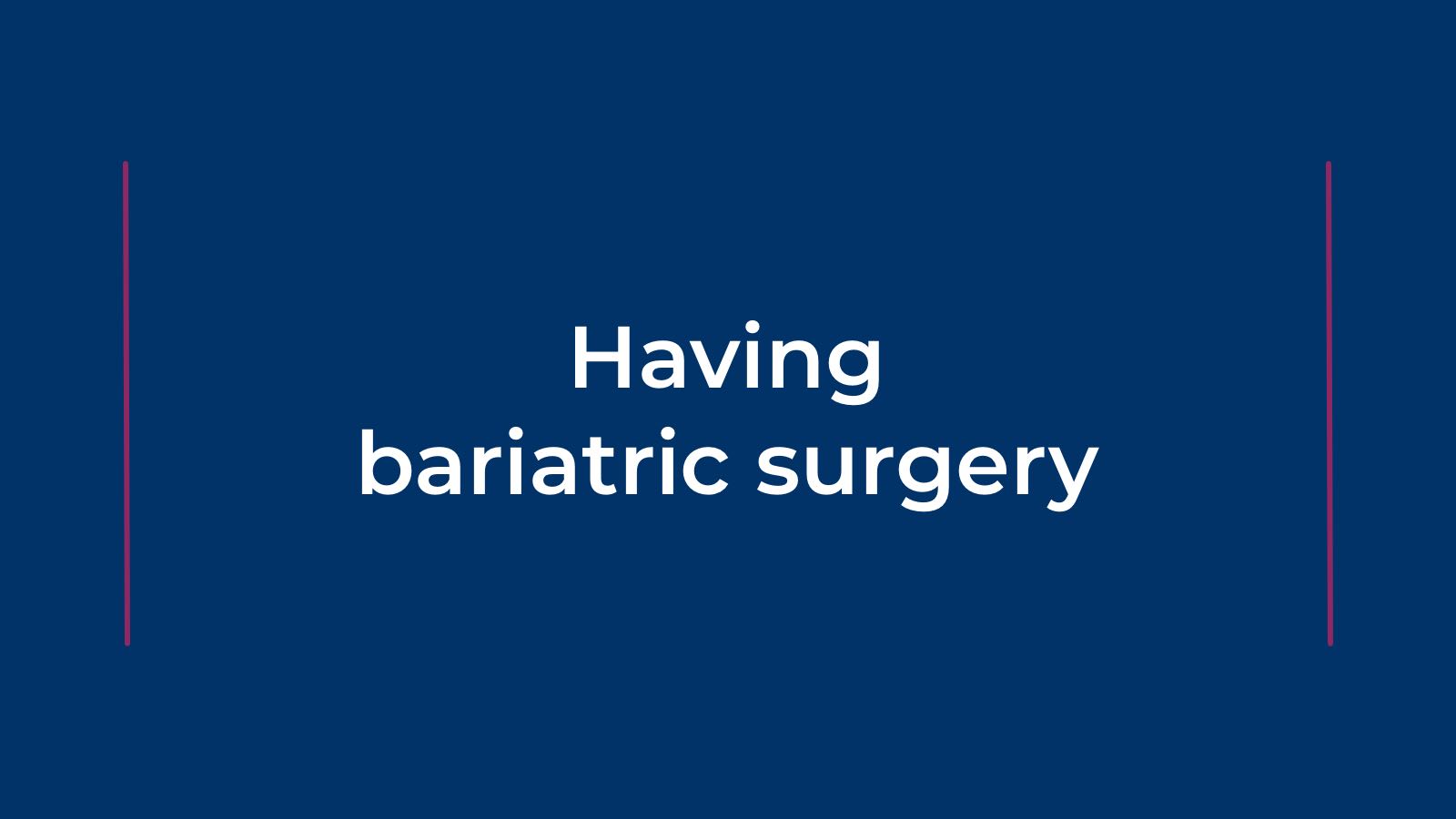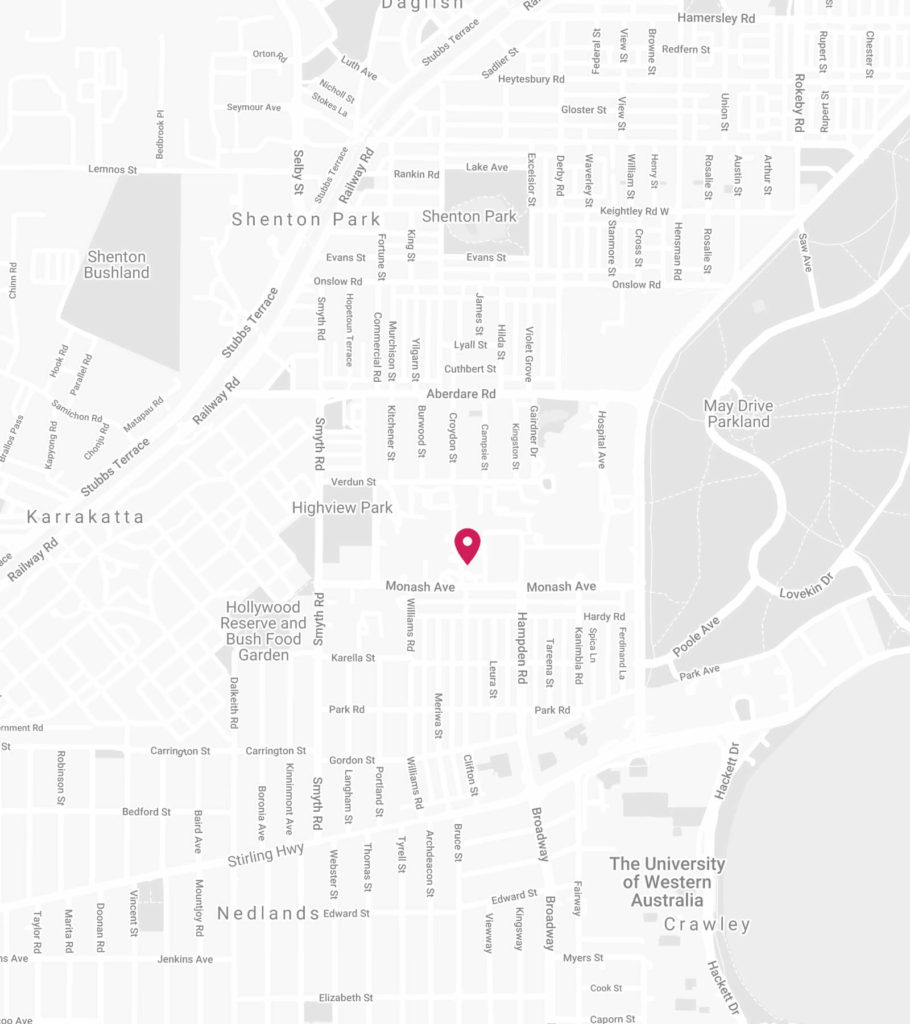Best diet after weight loss surgery
What is the best diet after weight loss surgery?
- Jon Armstrong
In this video, Perth based Bariatric Surgeon Mr. Jon Armstrong talks about diet after bariatric surgery.
Best diet after weight loss surgery
Do I need to be on a specific diet after my weight loss surgery?
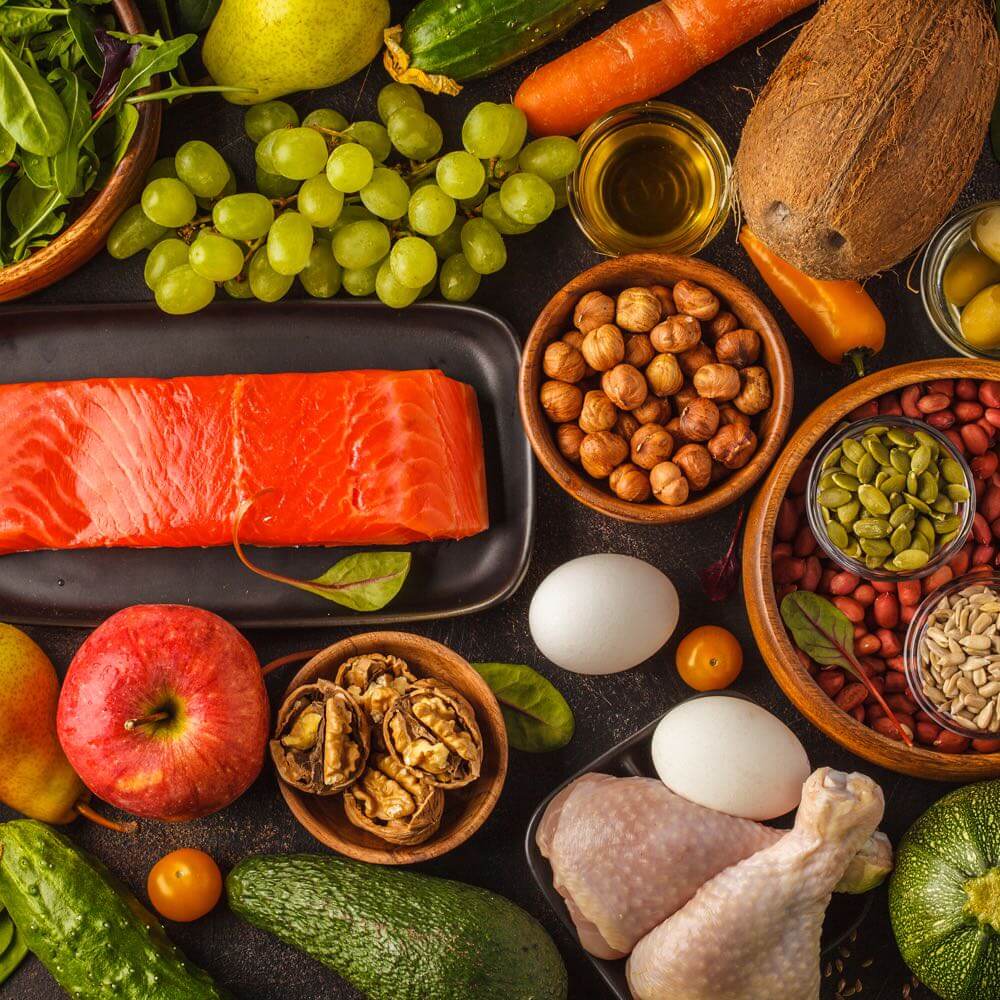
Paleo
The Paleolithic era 40,000 to 8000 BC was the period of early human development. People were foraging and gathering with meats , fish, eggs, nuts , seeds, fresh fruit and vegetables. So no free refined carbs . It is not a bad diet really and in a way it is what we were designed to eat, a variety of things. However, average life expectancy was to about 35 years so it is difficult to say this type of diet provided a survival benefit. It is probably just not necessary to restrict to these foodstuffs though.
Then the agricultural revolution came along from 10,000 BC onwards and we had settled agriculture and cereals such as wheat and barley and rice. Certainly this sustained population levels and allowed the development of towns and then cities. There is some evidence however that during this period overall nutritional standards dropped and malnutrition occurred and people were not necessarily healthier . This is probably because people had a really limited diet in their small towns and just ate a lot of one crop such as rice or barley which allowed them to survive but was not necessarily healthy and balanced. Paleo followers therefore avoid cereals and crop foods but really they should be part of a mixed diet as they provide fibre, vitamins and carbohydrates, often in a complex form. Fibre is essential for regular bowel habits, avoiding constipation and preventing diverticular disease.Complex cereal carbohydrates provide our energy needs.
Keto diet
A ketogenic diet is a low carbohydrate, high-fat diet. If you are on a keto diet you would have usually moderate protein consumption compared to your fat intake. This means your body burns fat for fuel and breaks it down to ketone bodies in a process called ketosis. A typical diet might have only 20-50gms of carbs a day .There is some evidence that type 2 diabetics can get some short term improvement in their sugar control. Certainly short term weight loss should occur. The problem is that other studies have shown an increase in cholesterol levels fairly quickly.
By being on so many fats though other healthy foods get excluded. Whole grains, vegetables and fruit will be excluded by definition. Low fibre could lead to constipation. All the vitamins from fresh fruit and vegetables will be omitted and will need to be supplemented.
Keto is difficult to maintain, could damage your nutritional status and may lead to yo-yo weight regain when relaxed.
Atkins diet
Best diet after weight loss surgery
So what should you be eating after bariatric surgery?
The answer is a Balanced Diet. There is no need to weigh yourself every day or calorie count. After surgery such as sleeve gastrectomy or gastric bypass you will have a year or perhaps 18 months of weight loss and then you will plateau. It is really rare to lose weight after this period. Your weight should now be stable. If your weight is stable GREAT! There is homeostasis, that is the Energy you are ingesting in KiloJoules is being matched by your usage.
Now you should be on a balanced diet. That means you should be consuming all the major food groups.
You need carbohydrates. That means fruit, veg, grains, rice, pasta and noodles. Probably avoid bread, nice as it is it will swell up in your small stomach and probably make you feel bloated and then you cant have anything else healthy to eat with that meal.
You need protein. Certainly in the first year you need to be thinking protein when organising a meal. Protein will prevent or at least reduce you breaking down your own muscle for energy sources. Really you need 1gram per kilogram of your weight per day to prevent muscle loss (exercise will help to of course!). Protein can come from animal sources such as red meat, chicken, fish, eggs and dairy. Vegetable sources would include tofu, nuts, seeds, lentils and soy products.
Fat. Yes, you absolutely need fat. It is essential for cell health. Fats protect your organs and fats help absorb and move nutrients (such as Vitamins A, D, E and K). You will not survive without fats.
There are two types of fats, saturated and unsaturated. Read labels on all your foods and try to avoid all foods with high levels of saturated fats. High saturated fats will increase cholesterol levels and increase your risks of atherosclerosis and hypertension. Olive oils, margarine products, nuts and avocados are good sources of unsaturated fats. Fatty fish such as salmon and mackerel are great for you.
Best diet after weight loss surgery
Conclusion
Long term success after weight loss surgery will involve combining an active life with healthy eating. The tricks are to:
- Try to keep to your small portions using a balanced diet
- Read all labels , especially on any processed foods such as cereal bars or soft drink
- Avoid snacking when you are not hungry
- If you do snack between meals snack healthy go for nuts , beef jerky , tuna tins on crackers – basically anything without sugars
- Try to eat things related from the plant or animal from where they came i.e stay away from processed and packaged foods where possible. Processed foods will often contain free added sugars, saturated fats and high levels of tasty salt as well as preservatives and trans fats ( basically plastic like polymers that can accumulate inside you)
Our team of dietitians here at Advance Surgical are available to assist you pre and post op with all aspects of your dietary needs and look forward to meeting you. Please call the clinic at 08 9386 2634
